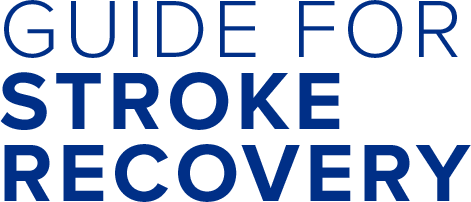Being smoke-free decreases your risk of stroke. If you smoke, talk with your health care team about how to quit.
Smoking:
- increases your risk for developing blood clots and causing damage to your blood vessels
- increases your risk of heart disease, chronic lung disease and cancer
- is the most preventable cause of disease and death in Canada
Tips to Quit Smoking

- List your reasons for quitting.
- Set a ‘quit date’ and mark it on your calendar.
- Tell your family and friends about your plan to quit. Ask for their help and support.
- Ask your doctor about counselling, nicotine replacement and medications that can help you quit.
- If you slip up, don’t give up. Keep trying until you can quit for good.
Being smoke-free will benefit your health and the health of everyone around you.
Use a chart like the one found here to keep track of your smoking
Quit Date is:
| Date DD/MM/YY | Number of cigarettes per day | Am I on target? |
Having read the information in this section, consider the following:
- Do I know why smoking increases my risk of stroke?
- Am I ready to quit smoking?
- Do I know where to find help to stop smoking?
- Do I know where to find support to continue to be smoke-free?
Where to get more information, help and support:
Canadian Cancer Society – Smokers’ Helpline
Centre for Addictions and Mental Health – Nicotine Dependence Clinic
Health Canada – Quit4Life
